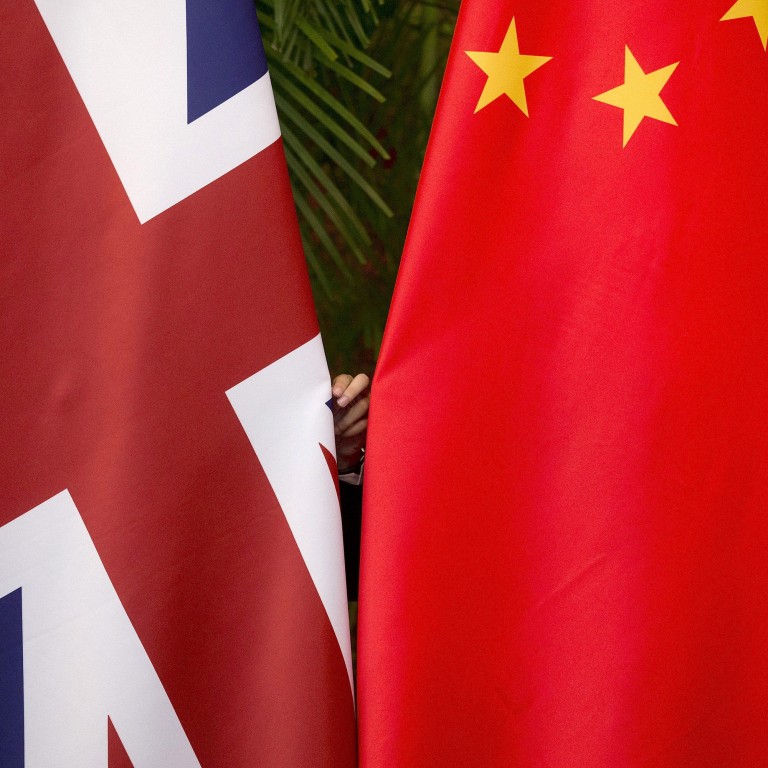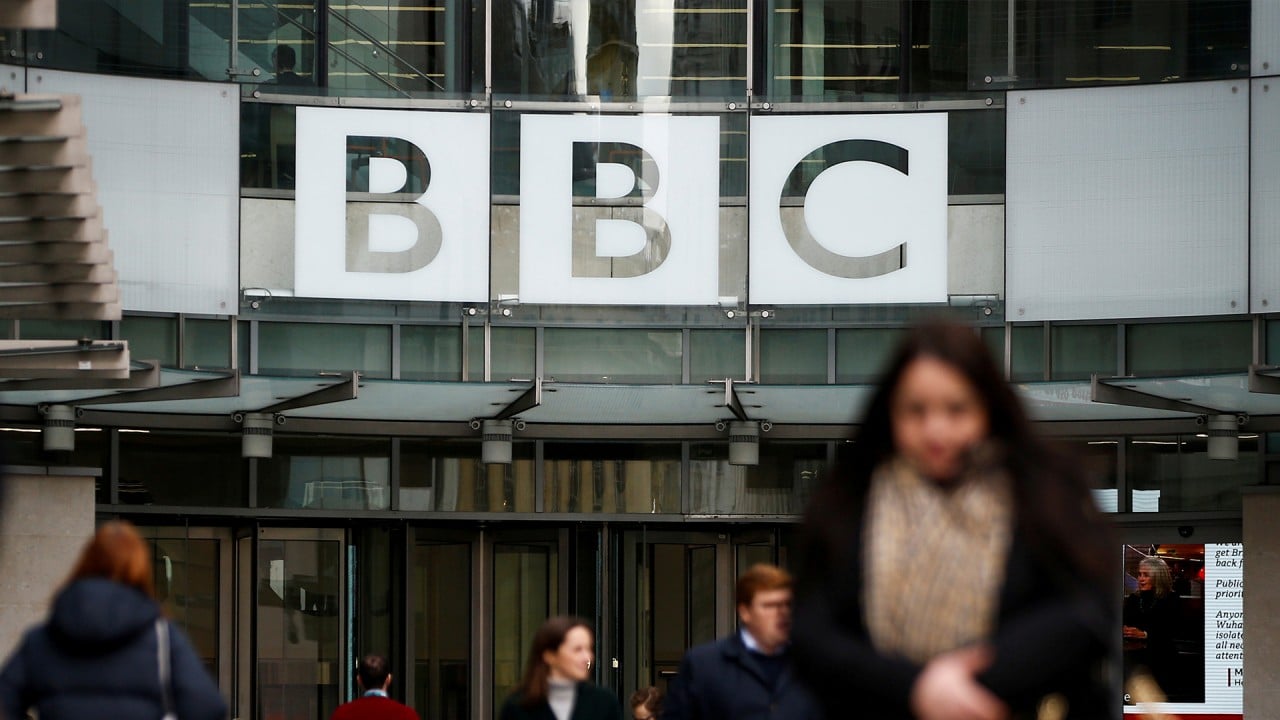
China attempting to ‘seize control’ of multilateral organisations to ‘weaponise’ them, UK report says
- UK parliament’s Foreign Affairs Committee releases new report alleging Chinese actions
- Report focuses on organisations including the WHO and the UN Human Rights Council
China and other nations were attempting to “seize control” of strategically important international organisations so they could be “weaponised”, a new report by the UK parliament’s influential Foreign Affairs Committee said.
The report, published Thursday, accused China in particular of “bullying” states to back their position or their candidates for top jobs, using measures including financial leverage “to shift policies away from the cooperation the organisations were created to promote”.
The report, titled “In the room: the UK’s role in multilateral diplomacy”, called for the UK government to step up its efforts to “combat the influence of those who seek to manipulate and undermine multilateral organisations, including by publicly calling out states abusing and undermining the system”.
“We have seen attempts by countries such as China to seize control of strategically important organisations and fundamentally redefine the once universally agreed principles on which they were based,” the report said.
“This allows multilateral organisations to be weaponised against the founding principles upon which they were built.”
China’s new envoy to Britain calls for reset in relations amid Hong Kong, Xinjiang tensions
MP Tom Tugendhat, chair of the Foreign Affairs Committee and one of the UK’s most influential China hawks, said: “Dictatorships are taking over the institutions built out of the wreckage of the Second World War to defend democracy.
“By stepping back from the tables where the rules are made we’ve seen fairness and freedom fade.”

The UK parliament report focused on the World Health Organization, the World Trade Organization, Office of the United Nations High Commissioner for Human Rights and the United Nations Human Rights Council, Interpol and the International Criminal Court. Another international body highlighted in the report, the Organization for Security and Cooperation in Europe, was being “disrupted” in its work by Russia, the FAC report found.
‘Decadent’ and ‘corrupt’ lifestyle of fallen Interpol chief Meng Hongwei
“Use of aggressive diplomacy by China, which we heard termed as ‘bullying’, can be seen in operation at the OHCHR and HRC as well as the WHO,” the report stated.
Six organisations relied on nation state donations rather than core funding which, the report argued, enabled China to buy political leverage.
The report said China seized the opportunity created by the Trump administration’s decision to cut funding to international organisations or withdraw altogether, as in the case of the WHO.
“President Biden has taken important steps in reversing these positions; however it may take longer to regain the influence lost,” the report said. One of Biden’s first acts after taking office in January was to re-join the WHO.
The FAC report comes as the UK tries to go it alone on the world stage having left the European Union.
London also recently merged its international aid department, DFID with the Foreign Office, to create one entity: the Foreign, Commonwealth and Development Office. It also announced it was reducing its international aid budget to 0.5 per cent of GDP from 0.7 cent.
Traditionally, the UK has been a respected player in global institutions, serving as a powerful networker bringing nations together to form common positions, the report said. However, in recent years it has seen its influence fade even when it is a major donor, the report said.
“The outbreak of Covid-19 has thrown this into stark relief. The WHO, which benefits from so much UK assistance, has been dominated by China, which contributes far less,” Tugendhat said.
UK ‘Uygur Tribunal’ begins as China and West clash over Xinjiang genocide allegations
“It is clear to us that the Chinese government sees influence at the WHO as a significant strategic goal,” the report said. “The Chinese government is considered to exert disproportionate influence in the WHO given its relatively small funding contribution and the limited number of key positions in the secretariat that it holds.”
Another organisation cited in Thursday’s FAC report was the UN Human Rights Council, which has a long history of including members with checkered records on the very issue it’s supposed to help oversee.
Last October, China, Cuba and Russia were elected to the UN Human Rights Council despite vehement opposition from activists and organisations who say the countries’ governments were among the worst offenders of human rights globally.
It argued that any attempt to reform these organisations could further dilute their mandate and undermine their founding principles.
Instead it called for them to be reshaped and brought back to their original purpose.
“The question is whether the UK government is willing to put in the effort and commitment to make the changes we need,” the report said.
Additional reporting by Bloomberg



